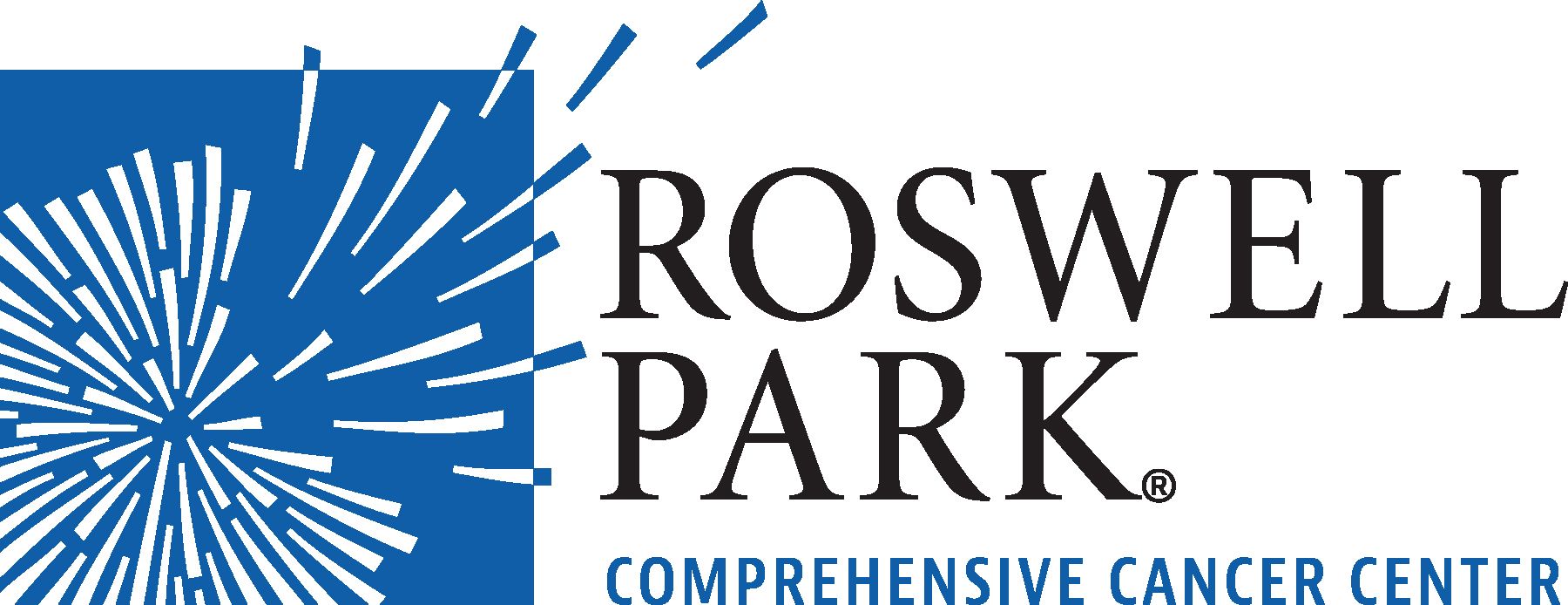
Dr. Wang Discusses Treatment Options for FLT3-Mutated AML

Eunice Wang, MD, chief, Leukemia Service, professor of Oncology, Departments of Medicine and Immunology, Roswell Park Cancer Institute, discusses treatment options for patients with FLT3-mutated acute myeloid leukemia.
Eunice Wang, MD, chief, Leukemia Service, professor of Oncology, Departments of Medicine and Immunology, Roswell Park Cancer Institute, discusses treatment options for patients with FLT3-mutated acute myeloid leukemia (AML).
About one-third of patients with AML will have disease characterized by a FLT3 mutation, says Wang. Prior studies have shown that these patients have a worse clinical outcome overall, with a shorter period of disease-free survival and higher recurrence rates.
In April 2017, the FDA approved the oral kinase inhibitor midostaurin (Rydapt) for the treatment of adult patients with newly diagnosed FLT3-positive AML in combination with standard cytarabine and daunorubicin induction and cytarabine consolidation. Since midostaurin was developed, many companies have been focusing oral kinase inhibitors in an effort to create a more specific and potent agent, Wang says.
A study was presented at the 2017 ASH Annual Meeting evaluated the safety, feasibility, and efficacy of the novel FLT3 inhibitor crenolanib in combination with standard chemotherapy for patients with AML up to 60 years old who are FLT3-mutant. The addition of crenolanib to chemotherapy was safe and well tolerated, Wang says. Of the patients evaluated, 29 (72%) achieved a complete response (CR) after 1 cycle of induction with cytarabine/anthracycline and crenolanib.




































